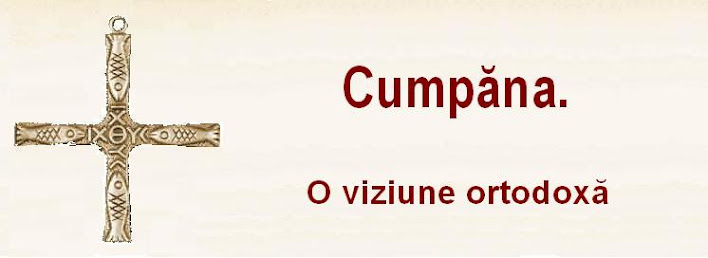One of the effects of the Enlightenment on the general mentality is the abnormal, but perfectly rational prejudice, that the normal must coincide with the rational. Revolutions, whether we are talking about the Industrial Revolution or the social-political-cultural ones such as the French Revolution of 1789, the Russian Revolution of 1917, the Sexual Revolution that began in the 1960s and ended with the present victory marked by the celebration of the New normal, they all start from the premise of the superiority of the rational over the normal, superiority by virtue of which the normal can and must be redefined according to the objectives of a new order, determined strictly rationally and imposed revolutionary. Revolution is necessary because the normal is, by nature, conservative and pursues correspondence with reality, while reason tends to subordinate reality in order to master and manipulate it (about the difference between the order of correspondence and the order of consensus I wrote at https://cumpana-o-viziune-ortodoxa.blogspot.com/2021/08/ordinea-corespondentei-cu-realitatea-si.html; a clarifying text in this regard can be read at https://blogs.ancientfaith.com/glory2godforallthings/2018/07/22/consent-to-reality/).
Reason detaches itself from (correspondence with) reality when it claims the right to explore and achieve a possible rational order, in spite of the fact that this order is unacceptable from the perspective of the normal. The whole modern and postmodern culture is built on this Enlightenment foundation and therefore necessarily generates a revolutionary model of thought, which presupposes the right and obligation of reason to determine the normal, specifically to build and reconstruct it on strictly rational principles. The rational has usurped the authority of the normal and, for over two hundred years, has been declaiming, in the manner of king Louis XIV: I am the normal!
The problem is not that the entire profane culture has assumed this pattern of thinking; the problem is that the Church herself has largely adopted the same view of reality. This explains, on the one hand, the inferiority complexes of conservative Christians, who either withdraw with a guilty feeling from public debates about the moral justification of seemingly rational initiatives, such as homosexual marriage (the massive absence of Orthodox believers in the Romanian referendum for family from 2018, which was in fact a referendum for normal and against a revolutionary reason, can also be understood from this perspective), or intervene through a ridiculous triumphalist attitude. On the other hand, this also explains the constant positioning of the Romanian Patriarchate in the post-communist time – and especially in the recent pandemic context – on the side of the rational and against the normal. In the announcements in which the Patriarchate criticizes the statements of the clergy who express their doubts about the current vaccines, the observation constantly returns that these doubts are irrational, parallel to reality and therefore damage the image of a realistic Church (https://www.g4media.ro/reactie-dura-a-patriarhiei-fata-de-calugarul-anti-vaccinist-dezavuam-ferm-asemenea-mesaje-razna-la-realitate-toxice-centrul-de-care-aprtine-trebuie-sa-l-sanctioneze.html), while vaccination is “an act of common sense if you inform yourself” (https://www.mediafax.ro/social/cultele-si-vaccinul-vasile-banescu-m-am-cutremurat-cand-unii-declarati-zgomotos-antivaccinisti-din-randul-clerului-au-comparat-vaccinul-cu-sfanta-impartasanie-20063761).
I fully agree that vaccination against COVID-19 is a rational position, even if we are dealing with a controversial vaccine; rationally, even a 51% efficacy against the disease accompanied by a high percentage of serious side effects – provided it does not threaten the destruction of the human species – justifies the mandatory vaccination of the entire planet. But this would not make vaccination an act of common sense, although the Romanian Patriarchate affirms this, together with the whole rational world, transforming common sense into an organ of precisely that reason detached from the order of the normalcy that made the revolutionary mind – the modern mind – possible. On the contrary, it is the old common sense, that common sense that disappeared from the world at once with the Christian order, that tells us that we should be cautious about any irreversible gesture, especially since its consequences cannot be anticipated. Common sense reminds us, along with Richard Weaver, that ideas have consequences, and historical experience shows us that revolutions had consequences that were all the more terrible the more rational they were.
The current rational order is tautologically upheld, just as tautological and exposed to collapse is any order founded by arbitrary consensus; it tells us that anything rationally possible is normal. It fact, we are dealing with a new type of rationality, a new rational that determines aptly the new normal. On the contrary, the (old) normal tells us that what is rational only because it is possible is actually an abnormal thing and therefore something irrational.
